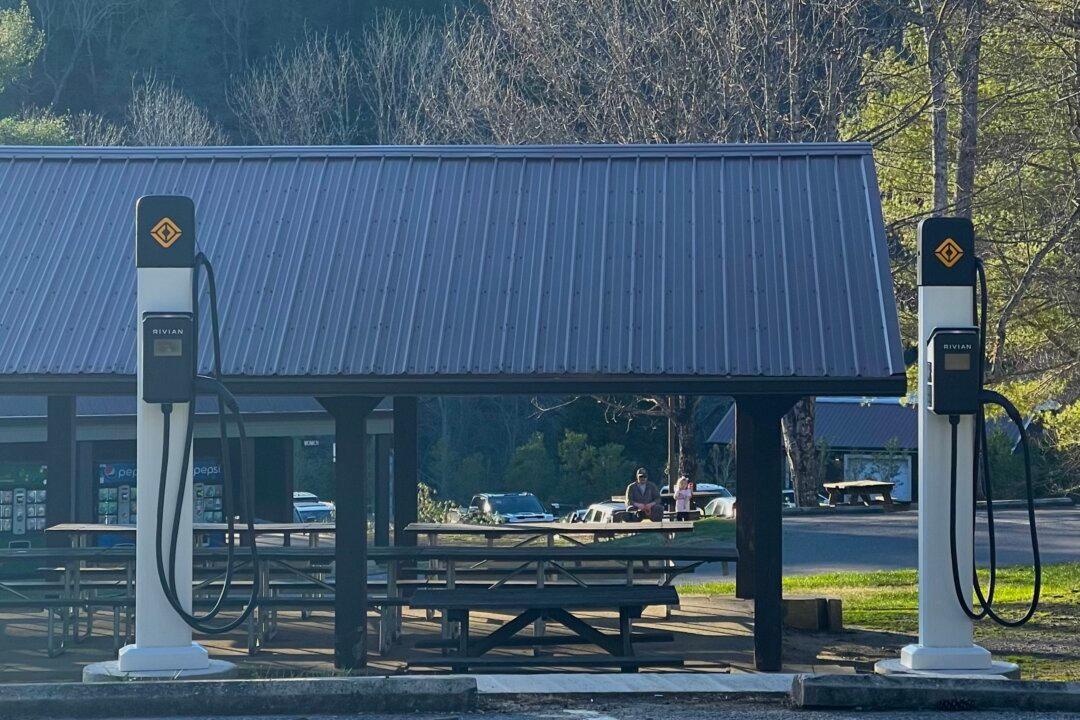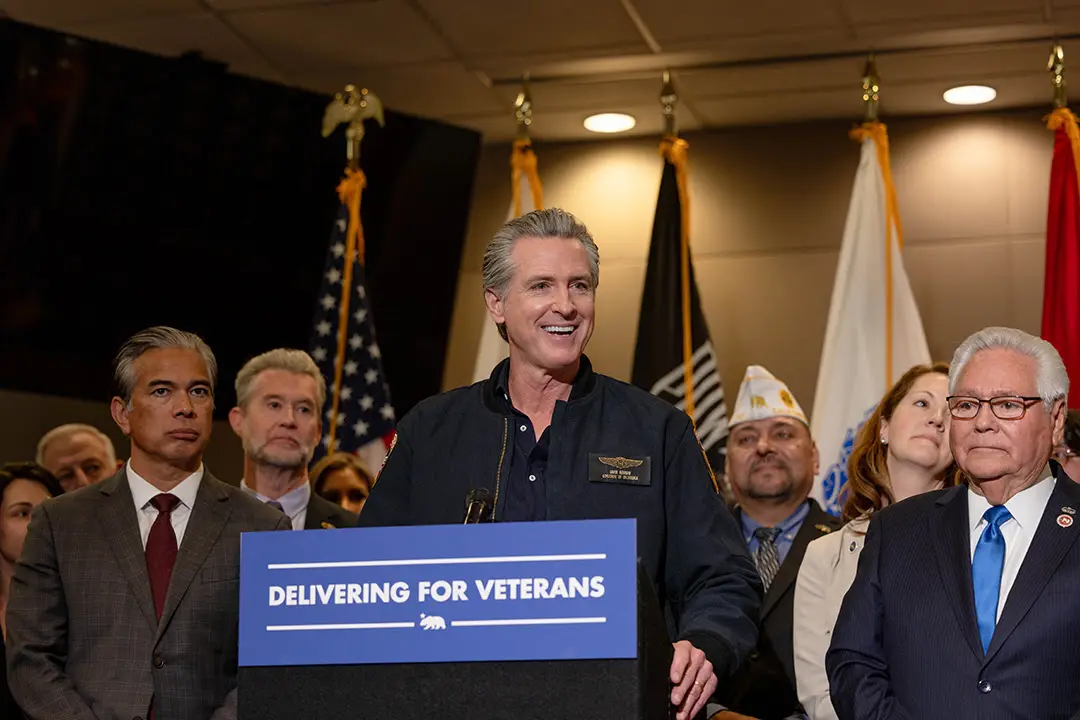The push to electrify America’s roadways has reached Tennessee state parks in recent years, as the state partnered with electric vehicle (EV) company Rivian to install electric car chargers in some of the most remote areas of the state.
For example, Fall Creek Falls State Park, the largest and most visited state park in Tennessee, now has chargers at two locations within the park. The park is located in rural Pikeville, Tennessee, approximately two hours or 126 miles from the Tennessee State Capitol in Nashville.





